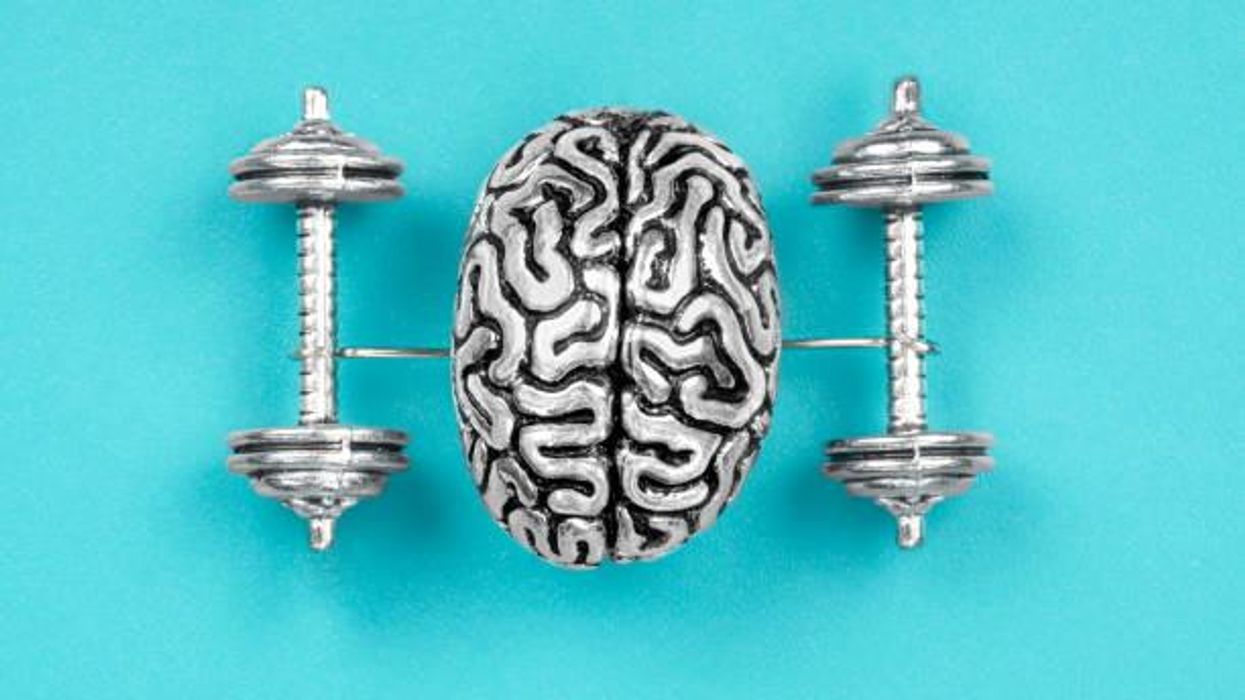Indy100 Staff
Sep 27, 2020
Mind Exercises To Boost Your Brain Power
Indy
Being forgetful has, for the most part, usually gone hand in hand with a lack of intelligence, at least that's what film and TV generally try to tell you.
However, a study conducted by the University of Toronto claims that having a strong memory is a severely overrated asset and it concludes that being forgetful could actually be a benefit to your intelligence.
Professor Blake Richland, one of the publishers of the study, said:
"It’s important that the brain forgets irrelevant details and instead focuses on the stuff that’s going to help make decisions in the real world. We know that exercise increases the number of neurons in the hippocampus, but they’re exactly those details from your life that don’t actually matter, and that may be keeping you from making good decisions."
Sign up to our new free Indy100 weekly newsletter
Professor Richards and Paul Frankland proposed that memory is utilised to optimise decision-making by retaining valuable information and letting the other unimportant stuff go, essentially making room for the things that matter.
They say that this aspect of forgetfulness is possibly a boon to us more than a hindrance.
So, say for example, our brain forgets specific details about a past event, yet it still remembers the larger picture, researchers believe that this allows us to generalise previous experiences better, as opposed to someone who can remember more minute details of the event.
They are quick, however, to make a point of saying that if people forget important things at an alarming frequency, then this is a cause for concern.
The study claims that forgetting details every now and then is a sign of a healthy memory system, working exactly as it's intended.
What information is discarded depends on the situation, according to professor Richards:
One of the things that distinguish an environment where you're going to want to remember stuff versus an environment where you want to forget stuff is this question of how consistent the environment is and how likely things are to come back into your life.
A good example of this would be, say, a supermarket worker who would encounter numerous different people each day, while a person who works at a small local cafe would begin to remember the locals.
Supposedly, the best thing for storing memories is to not memorise absolutely everything, notes Richards. If you’re trying to make a decision, it will be impossible to do so if your brain is constantly being bombarded with useless information.
"We always idealise the person who can smash a trivia game, but the point of memory is not being able to remember who won the Stanley Cup in 1972."
Or, alternatively, it's because of aliens.
Have your say in our news democracy. Click the upvote icon at the top of the page to help raise this article through the indy100 rankings.
Top 100
The Conversation (0)














